Lifestyle
15 Struggles Only Poor Kids Truly Understood
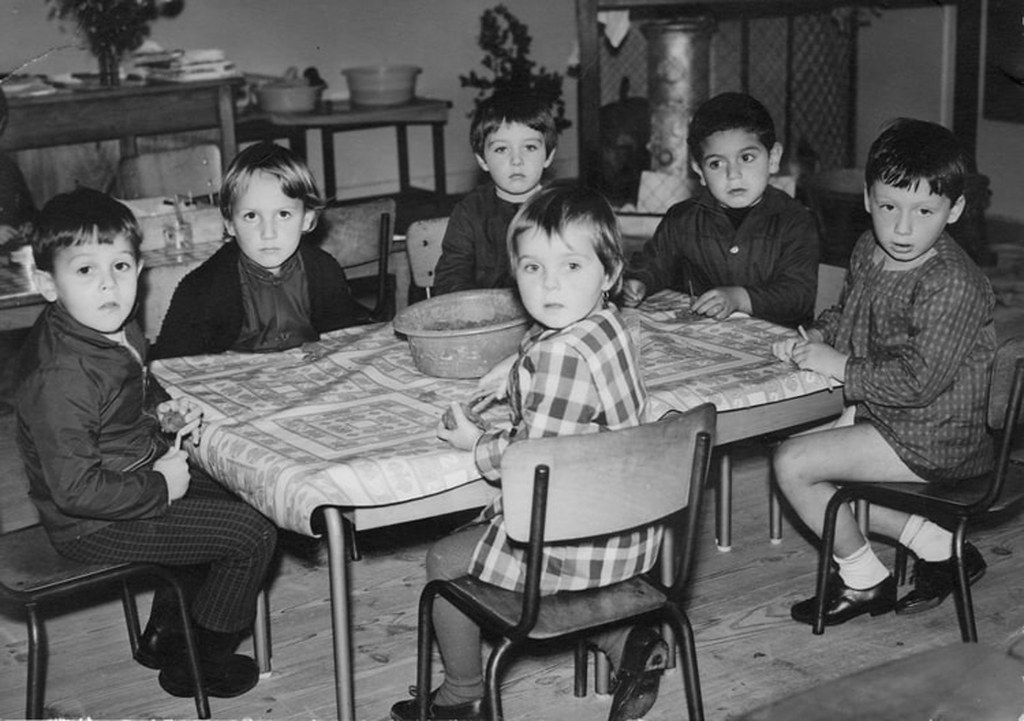
Growing up poor leaves a mark that doesn’t fade easily. It teaches survival, resourcefulness, and resilience, but it also comes with daily struggles many others never even notice. These aren’t just sad stories. They’re also shared experiences that shaped how poor kids viewed the world around them. Here are 15 struggles only poor kids truly understood.
Pretending You Weren’t Hungry
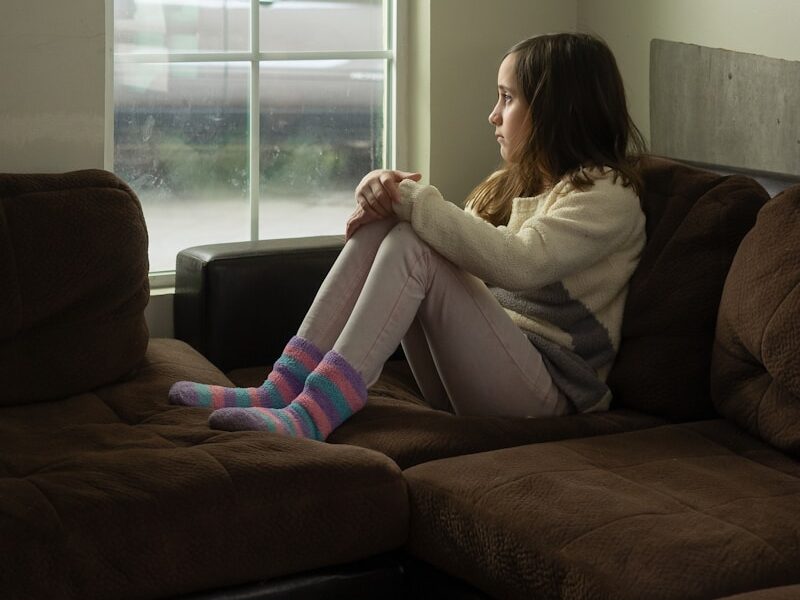
Poor kids learn early how to act like they’ve already eaten. Maybe dinner wasn’t ready, or maybe there just wasn’t enough. So they said they weren’t hungry, even when their stomach growled. They got used to distractions, sleep, or silence replacing food. That kind of hunger doesn’t just hurt your body—it teaches you how to hide your needs before anyone can see them.
Wearing Hand-Me-Downs That Didn’t Fit
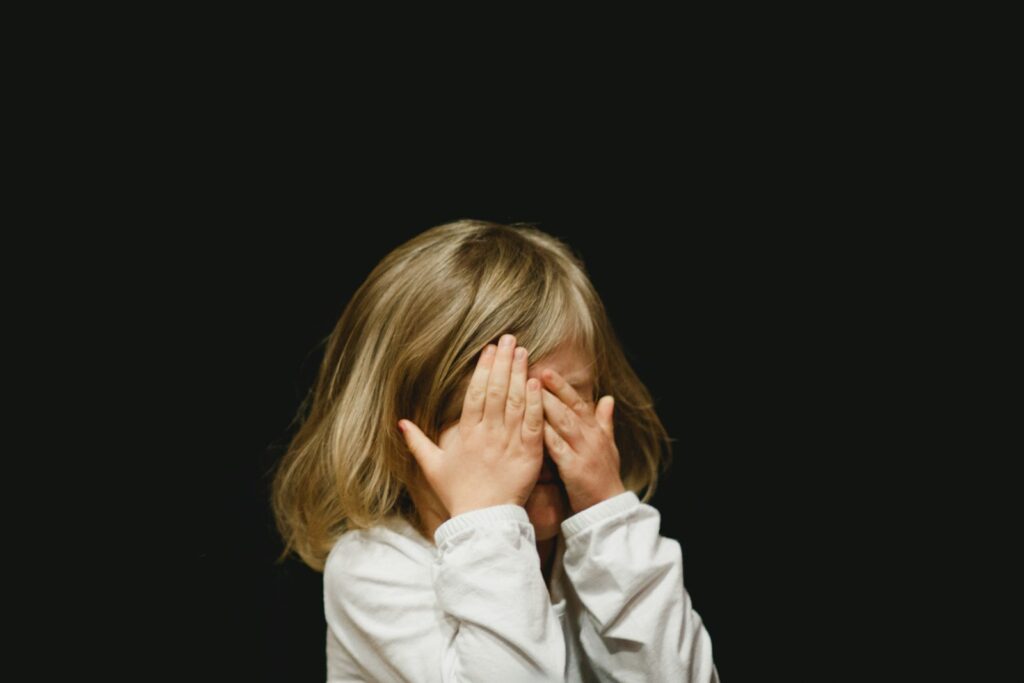
Clothes came from older siblings, cousins, or thrift shops, and they didn’t always fit. Sleeves hung past fingers, or jeans stopped at the ankles. But there was no choice, so poor kids wore them anyway. At school, classmates noticed. Some laughed. But poor kids learned to smile, roll the cuffs, and act like it didn’t bother them. Deep down, they just wanted to blend in.
Making Excuses to Skip School Trips
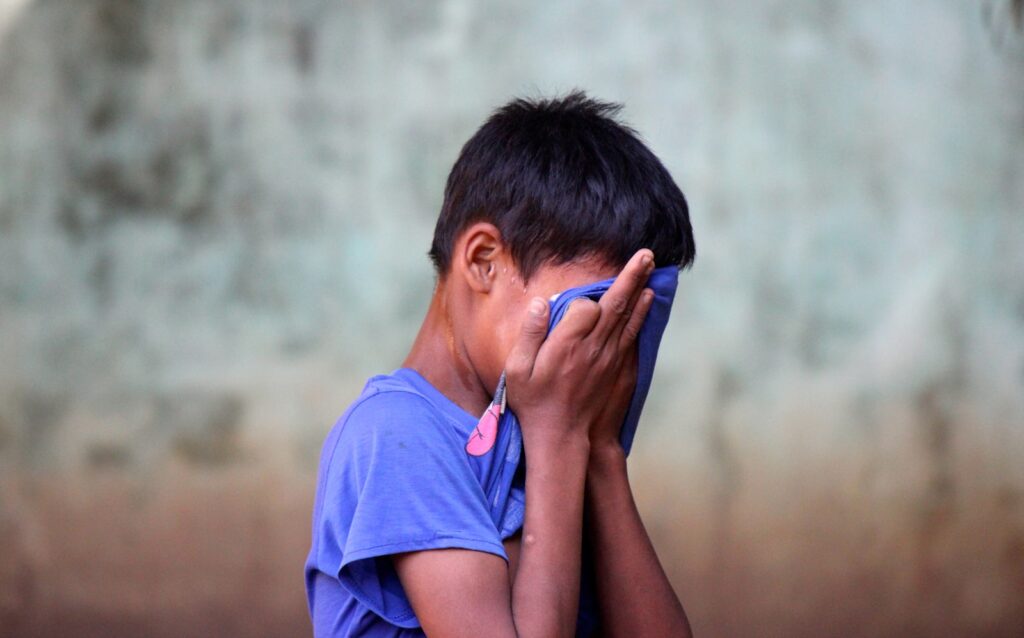
When field trips came up, poor kids felt the panic before the permission slips even went home. They knew the answer would be no—money just wasn’t there. So they made excuses. They said they didn’t want to go or they weren’t feeling well. Watching friends pack lunches and head to museums while staying behind hurt more than most people knew.
Watching Parents Go Without
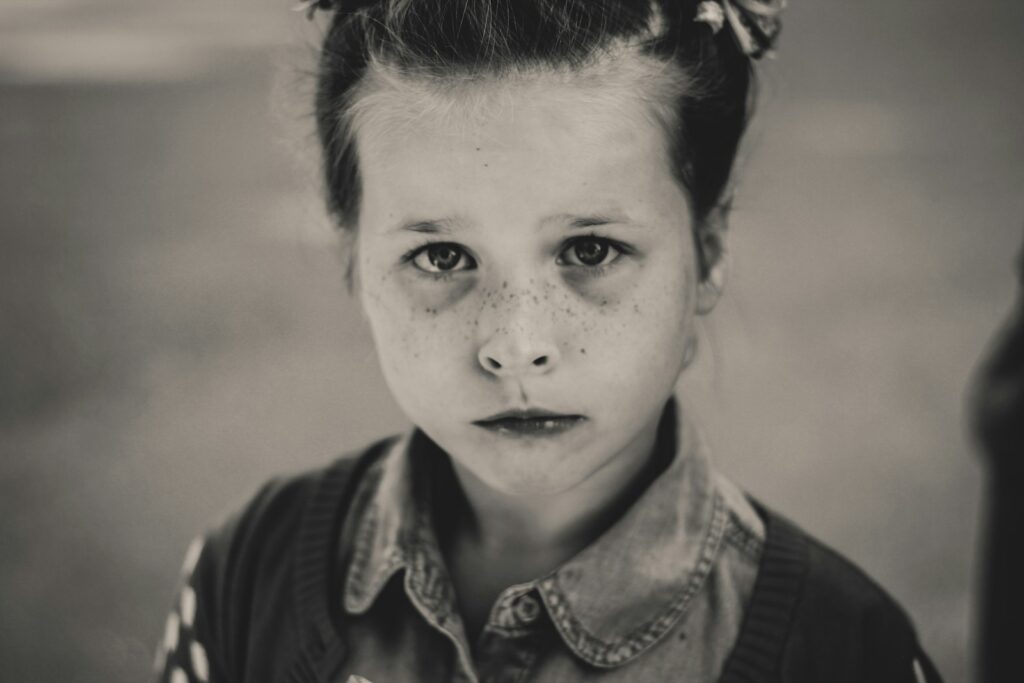
Poor kids noticed when their parents skipped meals or didn’t buy new clothes for themselves. They saw tired eyes, empty plates, and quiet sacrifices. Even if no one said it out loud, they felt the guilt. They knew love came with struggle. That awareness didn’t feel like a gift—it felt like a weight. One, they carried even when they were still too young to understand it fully.
Feeling Shame at the Grocery Store
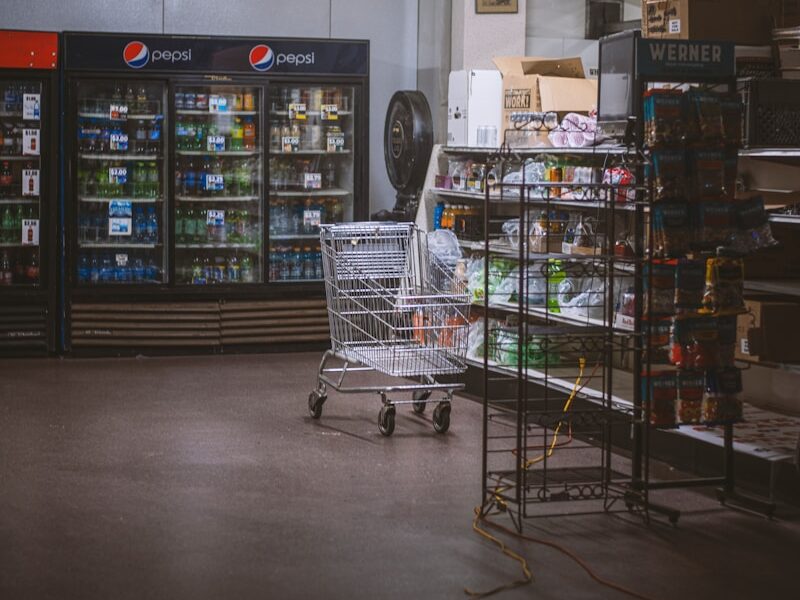
Food stamps, coupons, or a nearly maxed-out card could turn a simple grocery run into a moment of panic. Poor kids watched closely, hoping the total wouldn’t go over. Sometimes items got put back. Sometimes people stared. They learned to keep their heads down and walk fast. The shame wasn’t about the food—it was about being seen as less, in a place where everyone else just shopped and smiled.
Not Having the Right Supplies at School
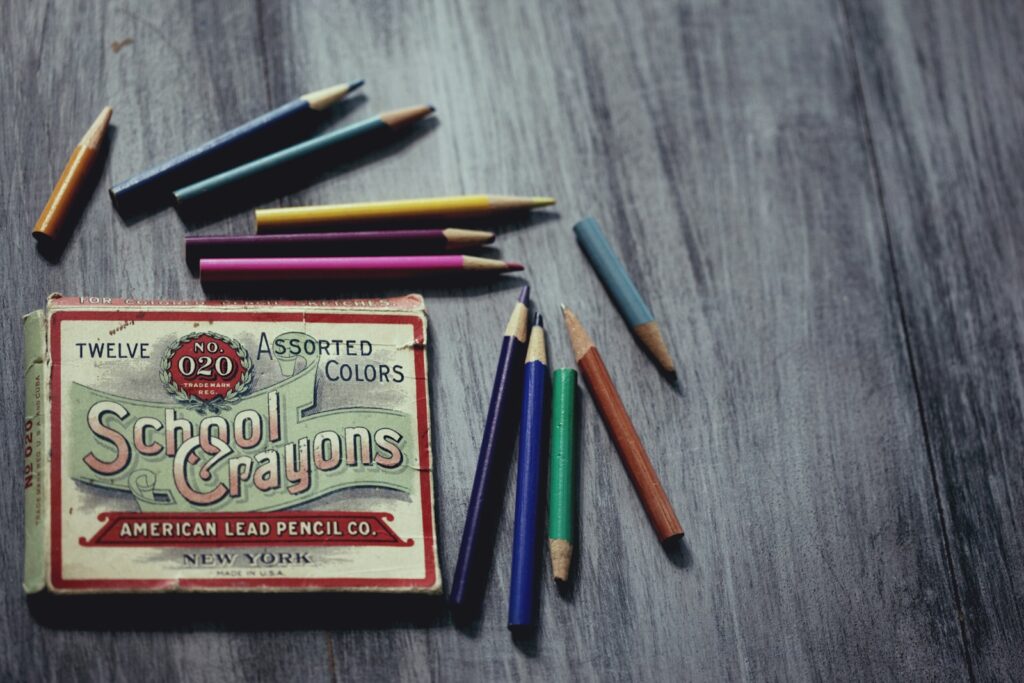
Poor kids showed up on the first day with mismatched notebooks, borrowed pens, or a backpack that was barely holding together. They watched others open fresh markers, shiny binders, and new tech. Teachers sometimes noticed, but most classmates didn’t. Still, poor kids worked harder to feel like they were keeping up. They learned to make do with less, and somehow still pushed forward.
Saying “I’ll Eat Later” at Friends’ Houses
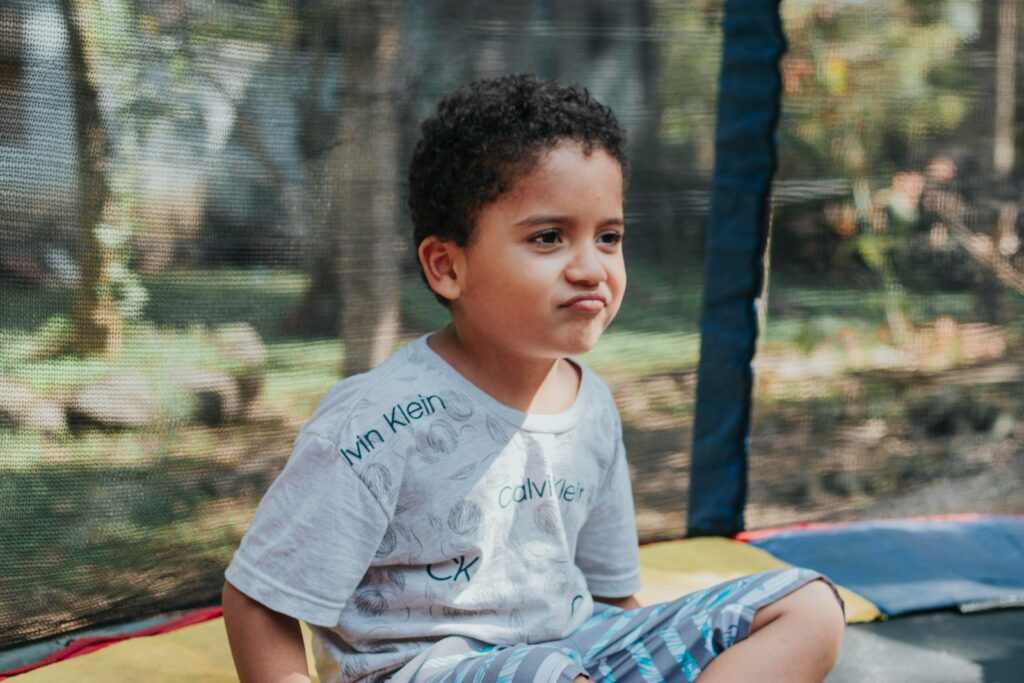
Getting offered dinner at someone else’s house sounded nice, but poor kids often said no. They didn’t want to seem greedy or out of place. Sometimes they were embarrassed by how hungry they really were. So they smiled and said they had already eaten, even if they hadn’t. It felt safer to miss a meal than to risk feeling exposed in front of someone else’s family.
Worrying About the Lights Going Out

Poor kids knew what it meant when the house got dark or cold. They heard whispered conversations about unpaid bills. They saw extension cords running from neighbors’ homes or had candles ready just in case. That fear of the power being shut off never left. They lived in constant uncertainty and pretended everything was normal.
Avoiding Sleepovers
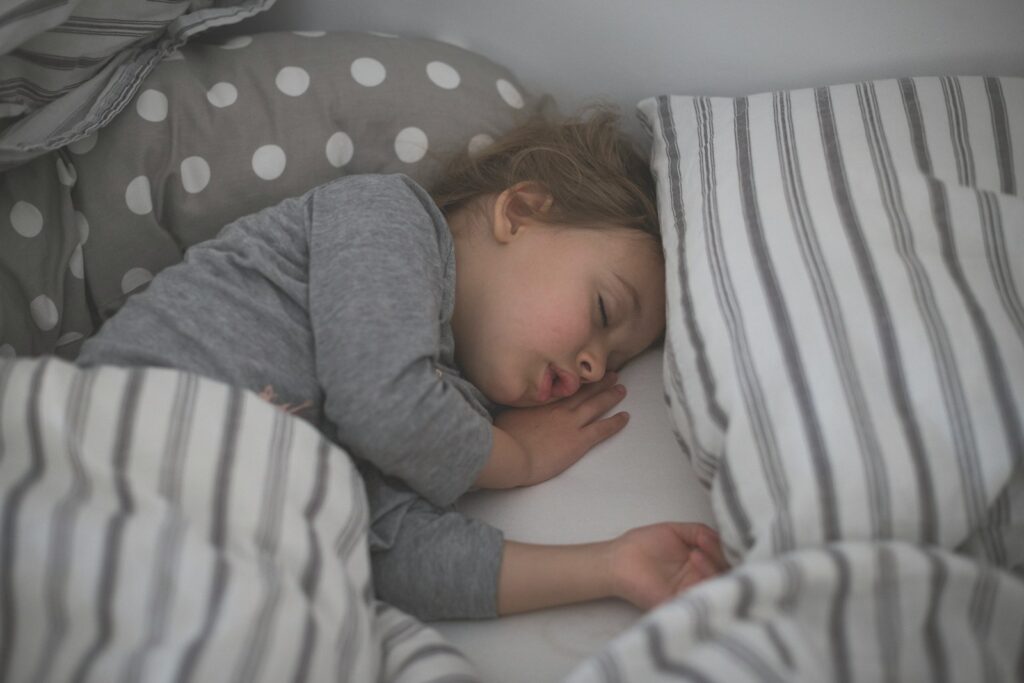
Sleepovers sounded fun, but poor kids often avoided them. They worried about not having the right pajamas, snacks, or hygiene products. They didn’t want friends seeing their worn-out clothes or knowing they didn’t have a toothbrush to pack. So they said no. They missed out, and not because they didn’t want to go, but because poverty makes you constantly think about how others might see you.
Learning to Lie About Christmas Gifts

After winter break, classmates bragged about new gadgets, toys, and clothes. Poor kids smiled and nodded, sometimes making up stories so they didn’t seem left out. Maybe they got one small gift, or none at all, but they’d never admit that. The holidays were always complicated for them. They learned to protect their pride by pretending, even when their heart felt heavy.
Watching Things Break Without Getting Replaced
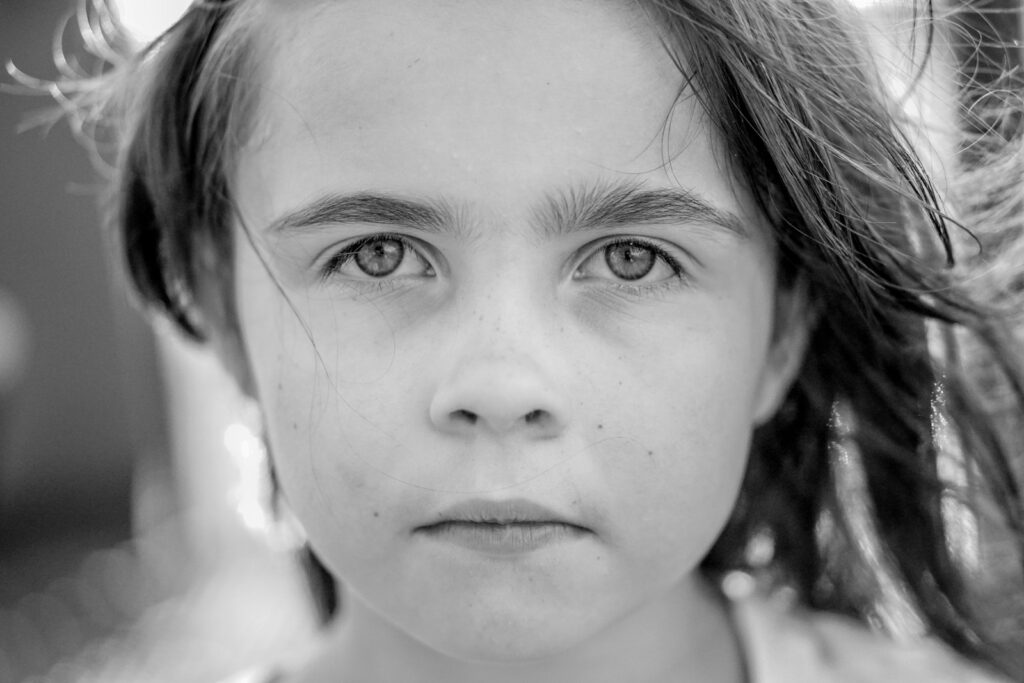
When something broke, poor kids knew not to expect a quick fix. They either learned to live without it or tried to fix it themselves. They became creative with tape, glue, or just doing without. That sense of “it is what it is” settled in early, and it taught them never to assume anything could be easily replaced.
Feeling Different Without Knowing Why
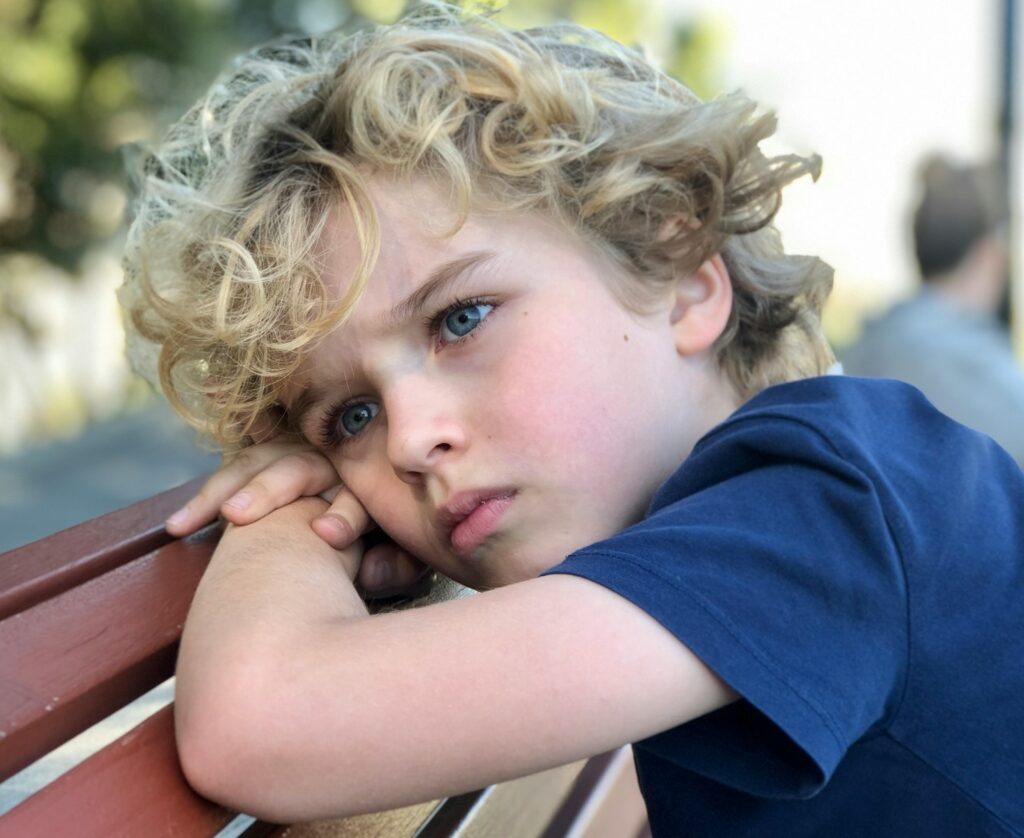
Poor kids often felt different, even before they fully understood money. Maybe it was the packed lunch, the way they spoke, or what they didn’t have. They felt the divide before anyone explained it. It wasn’t just about not fitting in—it was about feeling like they came from another world, one where choices were fewer and everything felt like a comparison they could never win.
Using Humor to Hide the Struggle
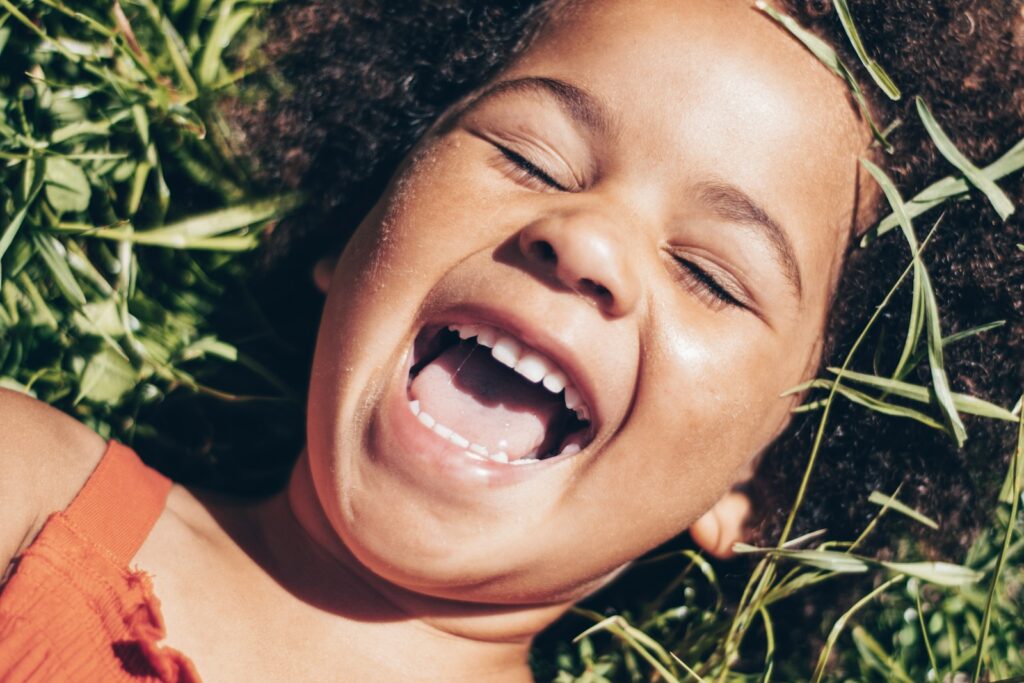
Some poor kids became the class clown because laughter distracted them from the hurt. They learned early that if people were laughing, they weren’t judging. Joking about clothes, home life, or their situation helped them feel in control. Behind the humor was pain, but jokes were easier than explaining the truth. It became a survival tool—one that masked the struggle with a smile.
Being Grateful for Things Others Took for Granted
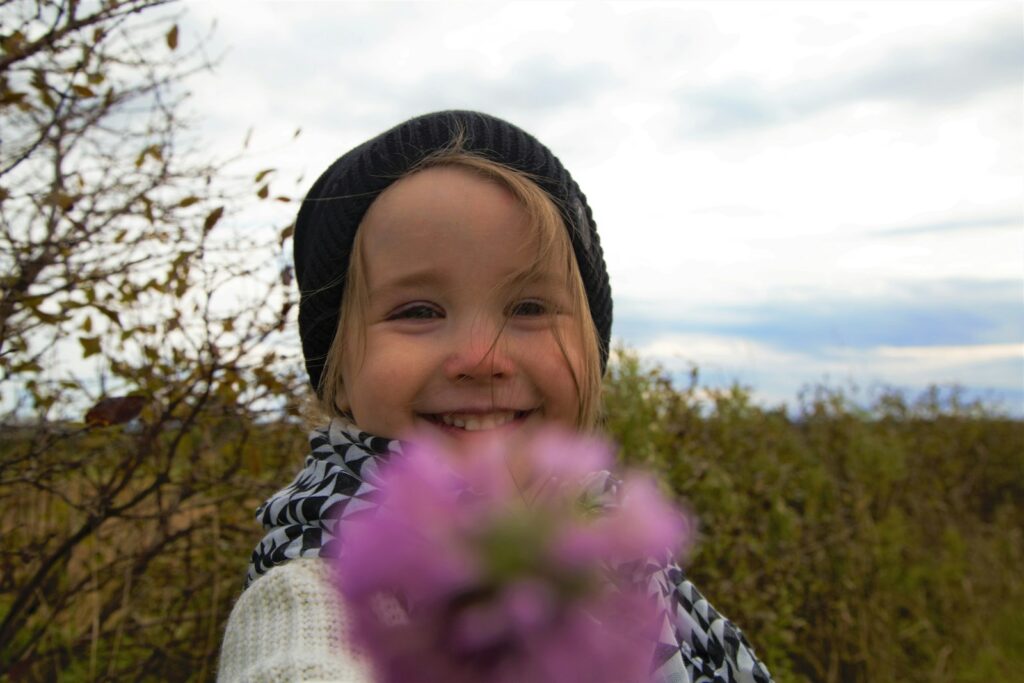
Poor kids didn’t take hot meals, working heat, or new shoes lightly. They celebrated small wins, even if they never said it out loud. When you grow up with less, every little thing means more. A new backpack felt like a luxury. An extra snack felt like gold. That early sense of appreciation didn’t go away—it shaped how they saw the world as adults.
Growing Up Too Fast
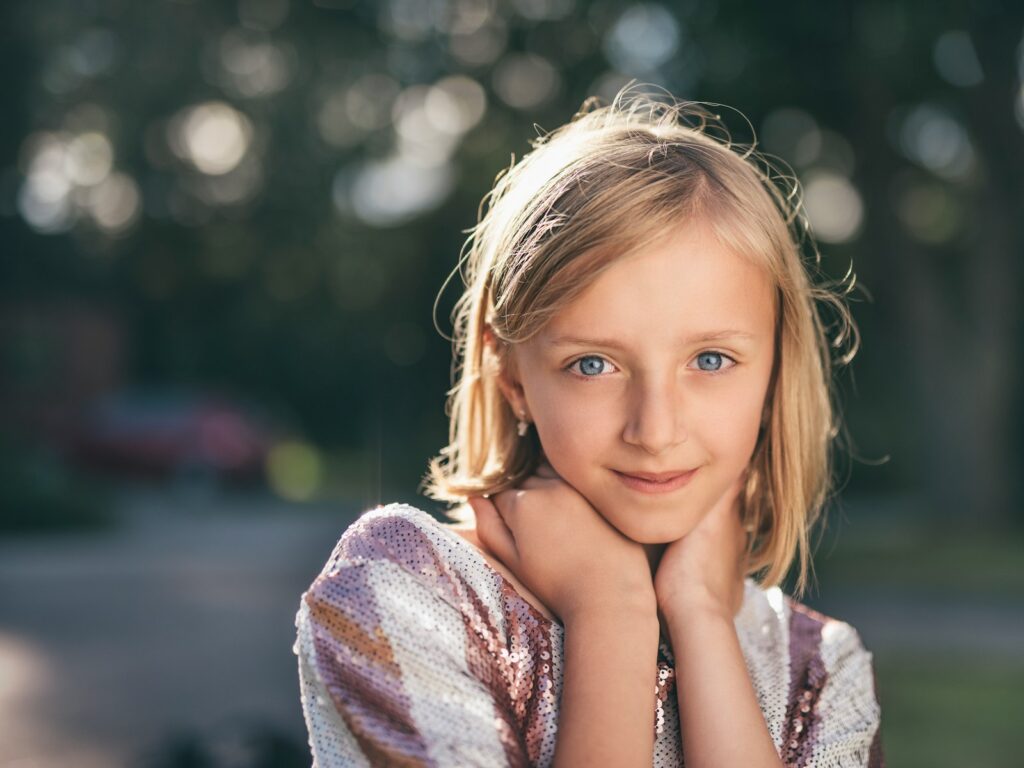
Poor kids often took on responsibilities early. They helped raise siblings, translated for parents, or managed adult worries before they were old enough to drive. They didn’t get to be carefree for long. They understood stress and sacrifice far too young. That maturity made them strong, but it also made them tired. Deep down, many poor kids just wished they had more time to be kids.

